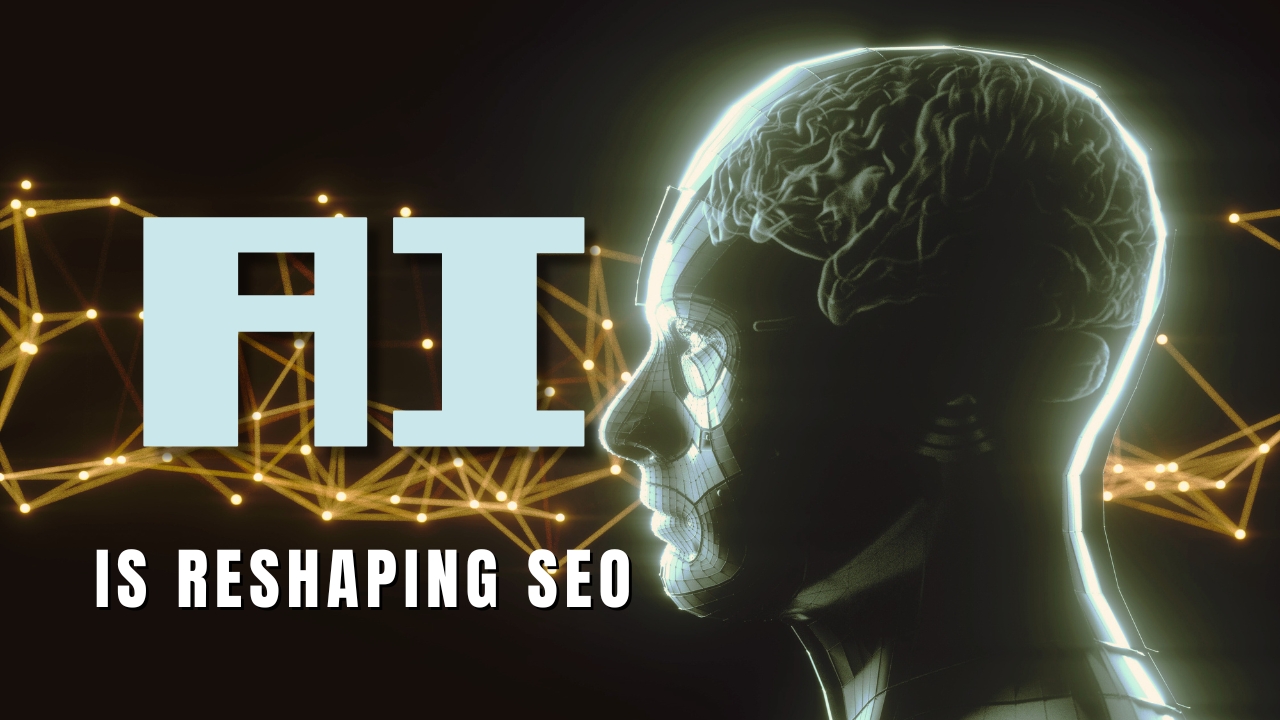If you’ve been in the SEO game for any time, you already know it’s never been static. But what are we seeing now? It’s a tectonic shift—and not just another trend. AI is reshaping SEO in ways we’ve never seen before, becoming the driving force behind this industry-wide transformation.
I’ve been working in the digital marketing and SEO space for over a decade now. From keyword stuffing and shady backlinks (hello, 2010!) to Google’s core updates and E-E-A-T standards—I’ve seen it all. But I can honestly say, nothing has rattled the SEO world quite like artificial intelligence is doing right now.
Let’s break it down.
The Rise of AI-Driven Search (And Why It Matters)
Google isn’t just a search engine anymore—it’s becoming a thinking assistant. With the rollouts of things like Search Generative Experience (SGE), Google’s AI can now answer queries without even sending users to websites. It’s all right there in the AI snapshot.
What does this mean for SEO?
Well, those coveted first-page rankings might not get you as much traffic as they used to. And if your content isn’t directly solving user intent or providing exceptional value, AI will simply summarize someone else’s that does.
Personal Example:
I ran an SEO campaign last year for a SaaS client that ranked #2 for a competitive keyword. Six months ago, it brought in ~1,500 visits/month. Today? Less than 500. Why? Google now surfaces an AI-generated answer that pulls info from multiple sites—ours included. But no one clicks anymore.
AI Tools Are Doing What Agencies Used to Do—Faster and Cheaper
Keyword research? Optimizing meta tags? Generating outlines or even full drafts? AI tools like ChatGPT, SurferSEO, Frase, and even Jasper are doing it—and doing it well.
Agencies used to charge hundreds (sometimes thousands) for audits, strategy, and content. Now, a solopreneur with a laptop and the right AI stack can knock out a high-performing blog post in an afternoon.
That doesn’t mean quality is dead, though. Far from it. It just means agencies need to seriously evolve their value proposition.
Why Traditional SEO Agencies Are Struggling
Let’s be real. Many traditional SEO agencies are still selling the same packages they were five years ago:
- “We’ll rank you #1!”
- “We’ll get you 100 backlinks a month!”
- “We optimize your meta titles!”
This cookie-cutter approach doesn’t cut it anymore. Clients are smarter. Tools are smarter. Google is smarter.
A Harsh Truth:
If your agency is still pumping out 500-word keyword-heavy blogs and calling it a content strategy, you’re already obsolete.
The New SEO Skillset: Strategy, Brand, and Human Touch
So, where does that leave us? Do we all just pack up and let the robots take over?
Not quite.
Here’s the thing: AI is a tool, not a strategist. It can write, analyze, and predict—but it can’t feel. It doesn’t know your audience like you do. It doesn’t understand your brand voice, your quirks, your people. That’s where the real opportunity is.
Modern SEO now requires:
- Deep audience understanding
- Strong brand positioning
- High-quality, experience-rich content
- Strategic thought leadership
- Technical SEO finesse (yes, it still matters!)
Agencies that pivot toward being strategic partners—not just service vendors—will thrive. The rest? Well, they might need to evolve or exit.
Real-World Example: The Hybrid SEO Team
I’m currently consulting for a mid-sized eCommerce brand. They’ve moved away from a traditional agency and built an in-house “SEO hybrid team”—one strategist, one AI content editor, and one technical SEO expert.
They use AI for speed, humans for nuance, and the strategist to guide the overall direction. Their traffic’s up 40% YoY, conversions have improved, and their content actually resonates with customers.
That’s the future, right there.
FAQs
Q: Is AI replacing SEO jobs?
Not completely, but it’s changing the types of SEO jobs that are in demand. Execution-based roles are shrinking, while strategic and creative roles are growing.
Q: Can AI-generated content rank on Google?
Yes, if it’s helpful, relevant, and experience-driven. Google doesn’t care if it’s AI-written—it cares whether it’s useful and trustworthy.
Q: Should I still invest in SEO in 2025?
Absolutely. But don’t invest in outdated tactics. Focus on building authority, helpful content, and a brand that people (and Google) trust.
Q: What’s the best way for agencies to adapt to AI?
Rethink your services. Offer strategic SEO, content consulting, brand-driven storytelling, and AI-enhanced content creation. Teach clients how to use AI effectively instead of fearing it.
Conclusion
SEO isn’t going away. It’s evolving. It’s fast.
AI is on the way It’s here, and it’s not going to go away. However, AI isn’t a foe. It’s an instrument. One that is powerful. If you are willing to embrace the idea, change your strategy and strengthen human beings’ unique abilities to bring to the table: empathy as well as experience and an ability to think creatively, you’ll be fine.
However, if you’re still stuck with 2016’s tactics, you must wake up. The rules have changed.

